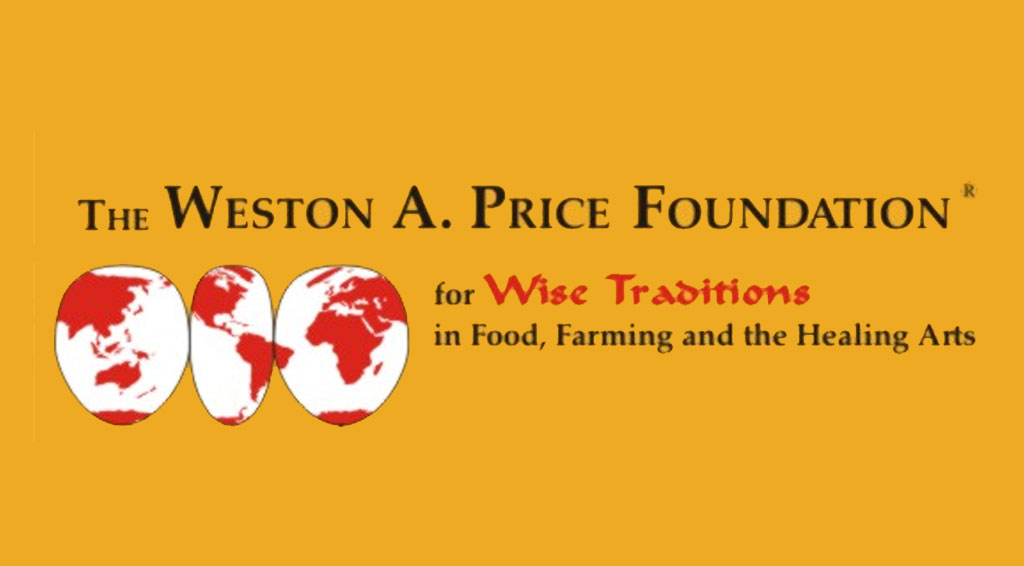After nearly a decade of deception at the meat counter, Congress may finally be forced to tell the truth.
A bipartisan group of senators—including John Thune, Mike Rounds, and Cory Booker—has reintroduced the American Beef Labeling Act, a bill that would reinstate Mandatory Country-of-Origin Labeling (COOL) for beef sold in U.S. grocery stores. If passed, the legislation would require that all retail beef products clearly state where the animal was born, raised, and slaughtered.
Simple, right? Not in the world of global meat conglomerates.
Since 2015, when Congress repealed COOL under pressure from the World Trade Organization and the meatpacking lobby, foreign beef has quietly filled U.S. shelves labeled as “Product of USA.” In reality, that label has meant nothing more than “repackaged or processed here,” even if the cattle came from Brazil or Uruguay.
The result? American ranchers got undercut. Consumers got misled. And Big Meat got rich.
The new legislation would require USDA and USTR to develop a WTO-compliant version of COOL within one year—a diplomatic dance that won’t be easy, but could mark the end of meat-labeling fraud as we know it.
For years, groups like R-CALF USA and the U.S. Cattlemen’s Association have been sounding the alarm: if you don’t know where your beef comes from, how can you trust what’s in it? COOL isn’t protectionism—it’s basic market transparency.
Yet for multinational packers, transparency is the enemy. Imports keep their margins fat and producer prices low. Origin labeling exposes the lie—puts pressure on quality, raises consumer expectations, and rewards domestic producers.
That’s why industry giants like Tyson and JBS are already lining up to oppose the bill. And why foreign governments like Canada and Mexico are preparing legal arguments, claiming it’s “discriminatory.” Apparently, telling the truth is a trade violation.
Here’s the real violation: allowing foreign beef to masquerade as American while domestic ranchers go bankrupt.
In a post-pandemic, food-sovereignty-conscious world, this bill lands differently. COOL is no longer a niche issue. It’s a litmus test for whether Washington is willing to prioritize truth, transparency, and local producers—or whether it will cave once again to the global beef cartel.
Consumers are paying record prices. Ranchers are getting record-low leverage. And the meatpackers in the middle are raking in record profits.
The return of COOL would change that. It won’t fix everything. But it would at least start by telling us what the hell we’re eating.





0 Comments